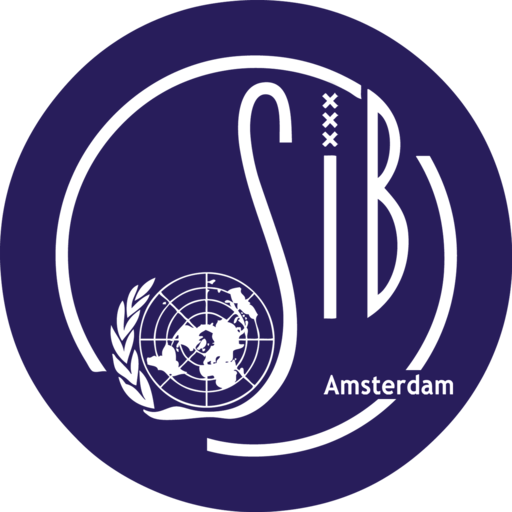SIB Lecture: Yemen - the forgotten war
The 7th of January marked the first SIB lecture of the year 2019. The Committee of Intellectual Activities chose to focus on something that many of us forgot during the past years and did not fully understand the implications of. The topic was Yemen and its forgotten war. For instance, did you know that the war in Yemen is the most severe humanitarian disaster at the moment? Even more than the Syrian conflict on which we receive daily news reports on the fighting and refugees fleeing the region.The speaker of the evening was Dr. Marina de Regt. She is an Associate Professor at the Free University of Amsterdam and specializes in South-South relations. That is, she focuses on the relations between non-Western countries with each other. Her PhD dissertation was about her involvement in long-term projects in Yemen. Therefore, she knew quite a lot about the past, present, and answered questions about the future.Dr. De Regt started with a brief introduction of the country. Her own experiences formed the basis of a presentation of how beautiful Yemen actually is (or was before the war). Pictures of long-stretching scenes and mountainous terrain amazed the audience. Following this introduction, a brief history of Yemen and the different republics (North and South) together with the socio-political and socio-economic aspects were discussed. South Yemen was a republic aligned with the Soviet Union and therefore held progressive views on life, but poorer than North Yemen. The North, in turn, was culturally more conservative and discoveries of oil made them richer than the South.This laid some foundations for the current conflict with different actors fighting for different rights. While there are some foreign interventions, the conflict at its core remains Yemeni. The former President, who was an adversary of the Houthis, somehow found a way to align with the Houthis in the hope to regain control over the country. This alliance did not survive for long as that President (Saleh) tried to engage into talks with the enemies of the Houthis. After discovering this engagement, the Houthis murdered President Saleh. Hopefully, the current cease-fire will hold and the western port town of Al Hudaydah will experience some relief.Lastly, it was inspiring to see some Yemeni refugees in the audience. People who were actively engaged through NGOs or who had a revival of their hope after seeing over 110 people listening to Dr. De Regt. They remain the victims of the conflict and giving them a little bit of hope is something that the Committee was honored to do.-Emre Demirkiran, member of the Committee of Intellectual Activities

